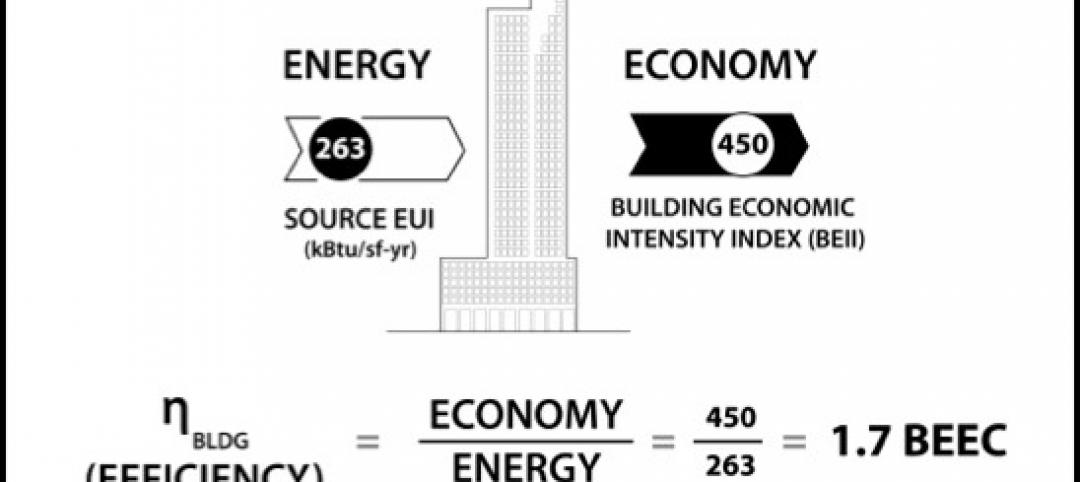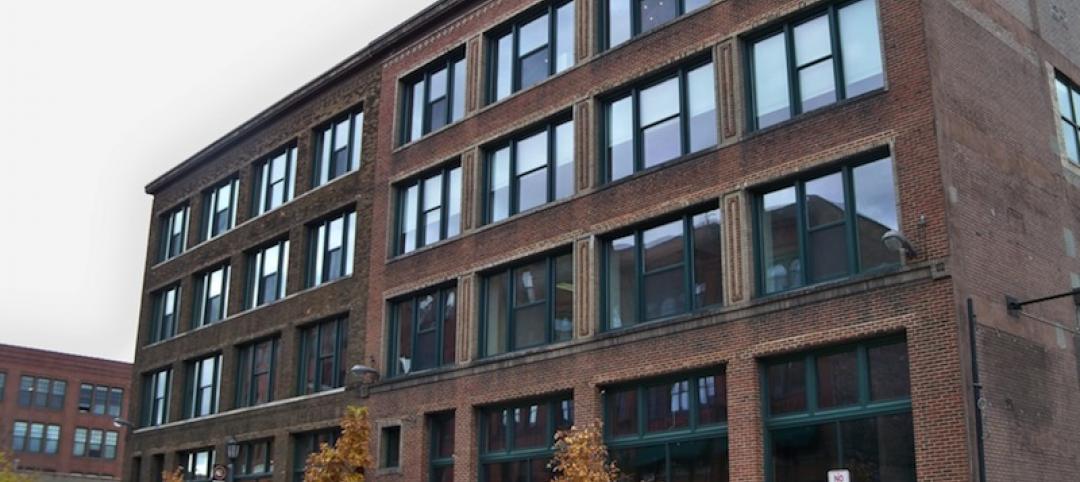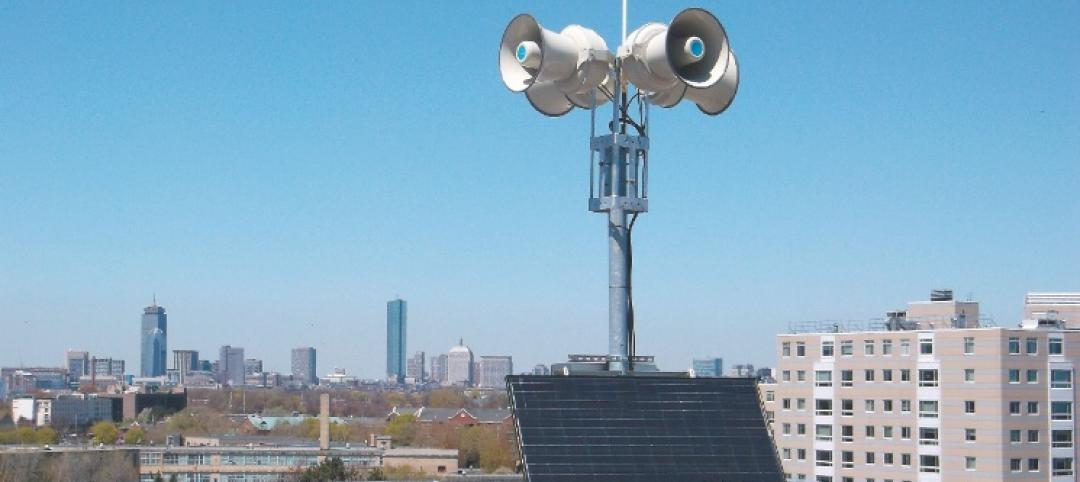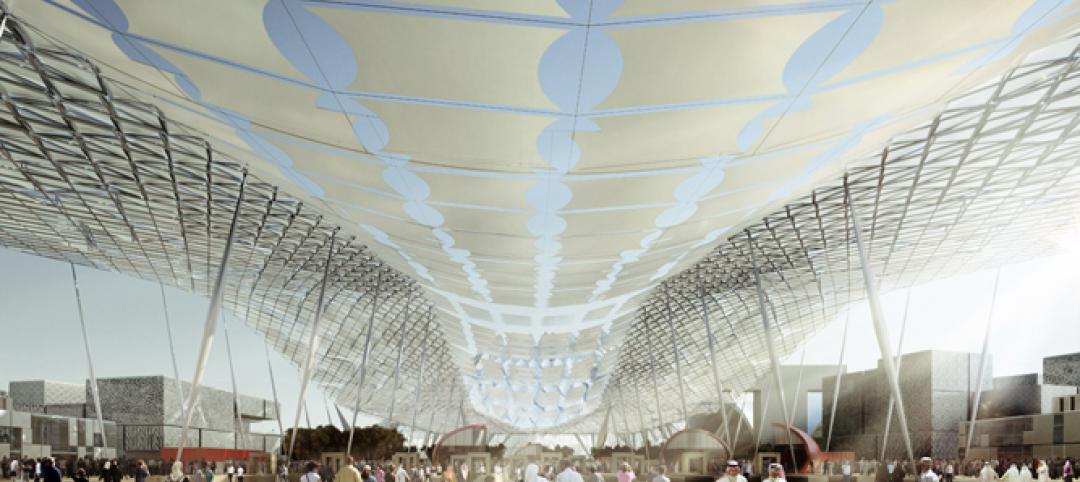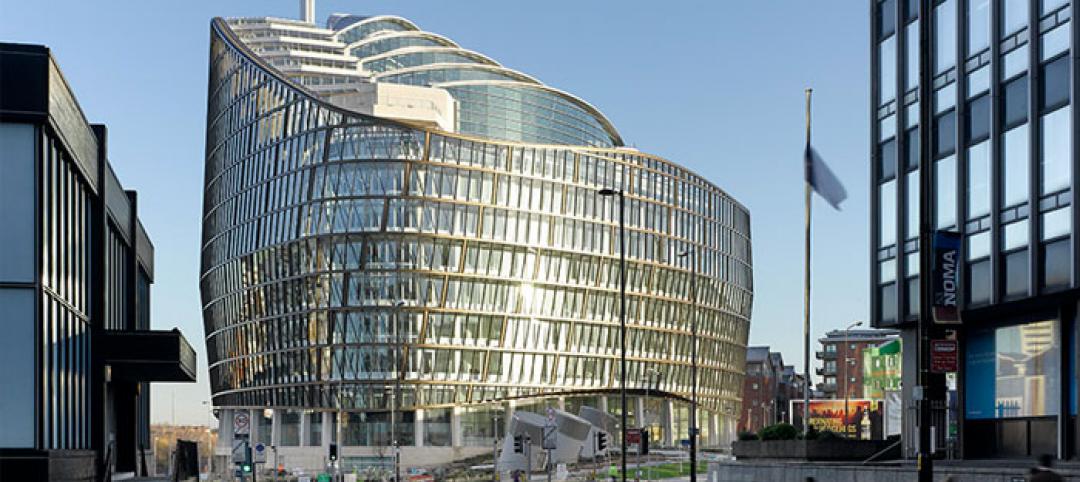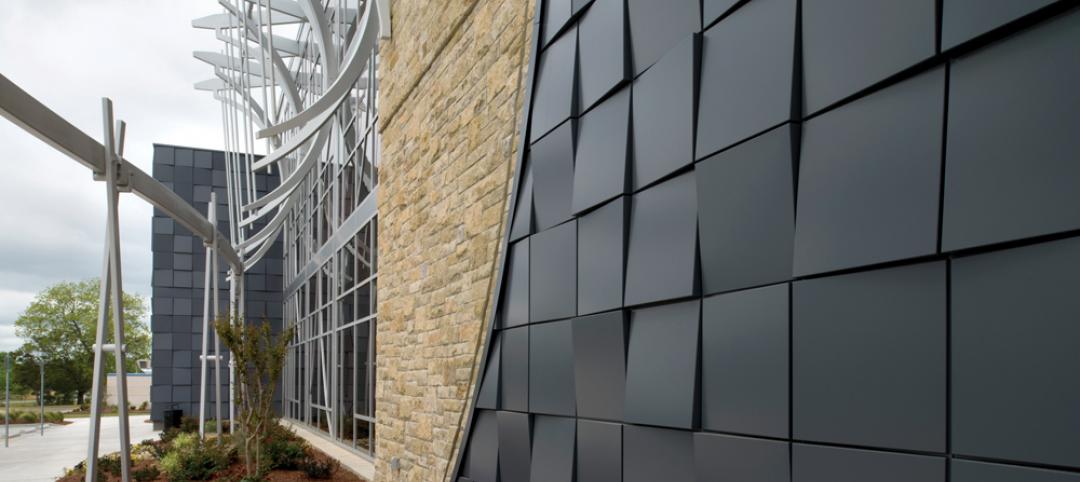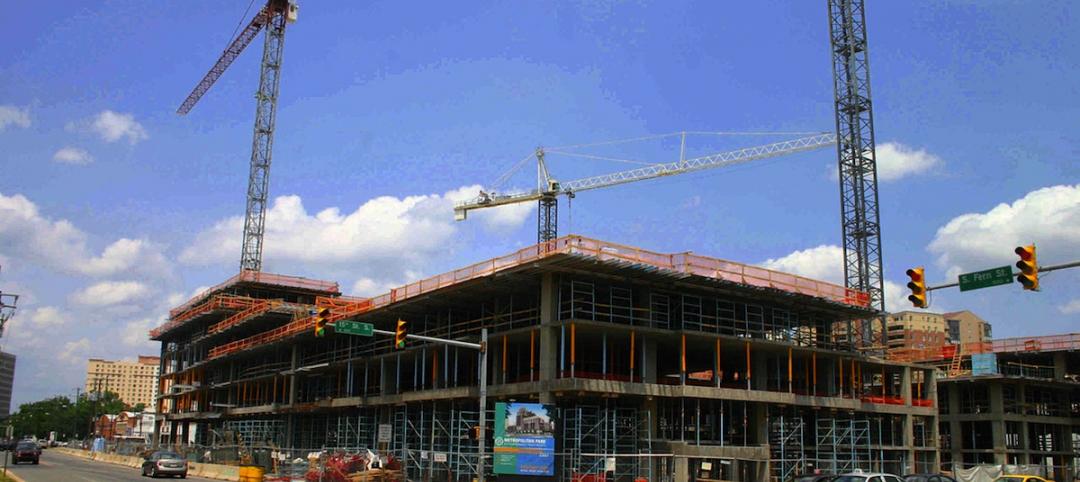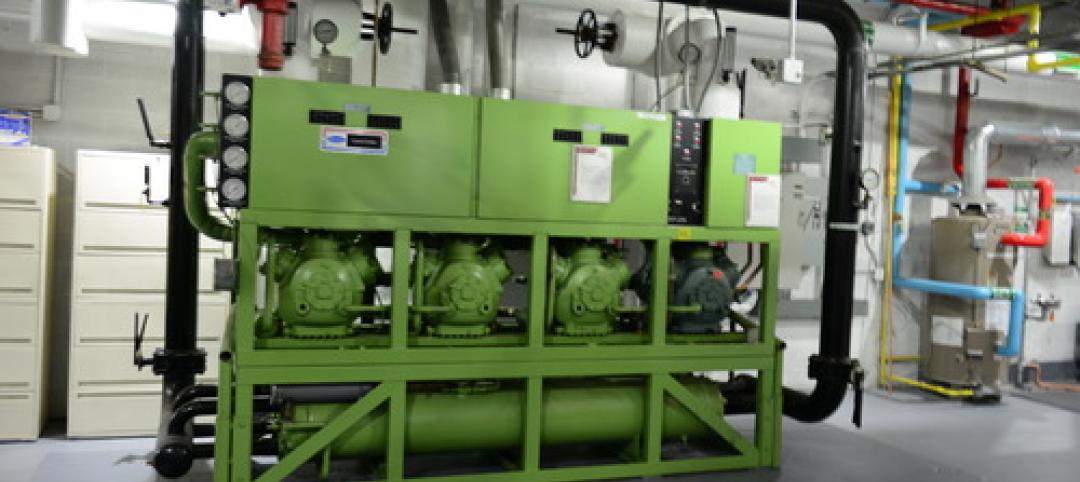In the month since Amazon CEO Jeff Bezos announced plans for a $5 billion development that would serve as the e-commerce giant’s second headquarters, cities and regional economic development organizations (EGOs) across the country have been tripping over themselves in an effort to woo the world’s third-largest tech company.
In using an open RFP process with a tight timeline (just six weeks from the Sept. 7 reveal date), Amazon created a frenzied, almost hackathon-like atmosphere that it hoped would spark next-level creativity when it comes to urban redevelopment and incentives for corporate businesses. Amazon’s RFP process downplays the backroom dealings common with massive economic development opportunities like this, in favor of a more inclusive “show us what you got” approach.
And show us they did. As of mid-October, more than 50 cities and development groups had responded to Amazon’s RFP. The proposals range from impressive to outright wild. Noteworthy examples:
Dallas: a transit-oriented development for HQ2 adjacent to a proposed bullet train station. The $15 billion train line would shuttle passengers to and from Houston.
Phoenix: adapt a 1950s retail mall (the city’s first mall), which currently houses a few restaurants, offices, and a data center.
Frisco, Texas, is offering to build out the remainder of its city—the 62-square-mile Dallas suburb is 60% developed—with Amazon’s HQ as the centerpiece.
Atlanta suburb Stonecrest has promised to devote 345 acres to the corporate campus and rename a portion of the community, “City of Amazon.”
New Jersey has plans for some $7
billion in tax breaks over the next decade.
Don’t get me wrong, HQ2 would be a huge win for any metro market. Amazon says it expects the development to ramp up to include as many as 50,000 jobs.
But the hysteria around Amazon’s open RFP has gone to a new level of absurdity. I’m just waiting for Bezos to announce that he’s purchasing airtime on CNBC for his own version of LeBron’s “The Decision.” “After careful consideration, we decided that we’re going to take our talents to __________.” (Cut to camera on scene, applause erupts.)
It’s safe to say that the majority of the 50+ entrants in the race for HQ2 has a slim chance of winning. But that doesn’t mean there aren’t valuable lessons to glean from the exercise, says Amy Liu, a VP and Director with the Brookings Institution.
“This global firm basically sent a very clear market signal to cities about what matters, and I think they are really scrambling now to make sure they exhibit those assets,” she said. “But after the competition is over, what I want is for cities to not let go of that core message, which is that a strong technical workforce, a livable sustainable community, strong transit, multimodal access, and ultimately a diverse, tolerant community, those are the factors that matter in the long term.”
Related Stories
| Dec 23, 2013
First Look: KPF's dual-tower design for Ziraat Bank in Istanbul
Kohn Pedersen Fox Associates (KPF) is designing a new headquarters for Turkey’s largest and oldest financial institution, Ziraat Bank, in a modern, suburban district of Istanbul.
| Dec 20, 2013
Can energy hogs still be considered efficient buildings? Yes, say engineers at Buro Happold
A new tool from the engineering firm Buro Happold takes into account both energy and economic performance of buildings for a true measure of efficiency.
| Dec 16, 2013
Major renovation for historic Northwestern Building in Minneapolis
Minneapolis’s Northwestern Building, originally built in 1914 as a glass factory, is undergoing a major renovation. The 85,000-sf, four-story building is now serves as office space for multiple tenants in Minneapolis’ North Loop neighborhood.
| Dec 13, 2013
Safe and sound: 10 solutions for fire and life safety
From a dual fire-CO detector to an aspiration-sensing fire alarm, BD+C editors present a roundup of new fire and life safety products and technologies.
| Dec 10, 2013
16 great solutions for architects, engineers, and contractors
From a crowd-funded smart shovel to a why-didn’t-someone-do-this-sooner scheme for managing traffic in public restrooms, these ideas are noteworthy for creative problem-solving. Here are some of the most intriguing innovations the BD+C community has brought to our attention this year.
| Dec 4, 2013
First look: Dubai's winning bid for World Expo 2020 [slideshow]
Dubai has been chosen as the site of the 2020 World Expo. HOK led the design team that developed the master plan for the Expo, which is expected to draw more than 25 million visitors from October 2020 through April 2021.
| Dec 4, 2013
Meet the 'world's greenest building': One Angel Square
The 500,000 sf, 14-story One Angel Square in Manchester, England, is being promoted as "the most environmentally-friendly building in the world."
| Nov 27, 2013
Wonder walls: 13 choices for the building envelope
BD+C editors present a roundup of the latest technologies and applications in exterior wall systems, from a tapered metal wall installation in Oklahoma to a textured precast concrete solution in North Carolina.
| Nov 26, 2013
Construction costs rise for 22nd straight month in November
Construction costs in North America rose for the 22nd consecutive month in November as labor costs continued to increase, amid growing industry concern over the tight availability of skilled workers.
| Nov 25, 2013
Building Teams need to help owners avoid 'operational stray'
"Operational stray" occurs when a building’s MEP systems don’t work the way they should. Even the most well-designed and constructed building can stray from perfection—and that can cost the owner a ton in unnecessary utility costs. But help is on the way.




